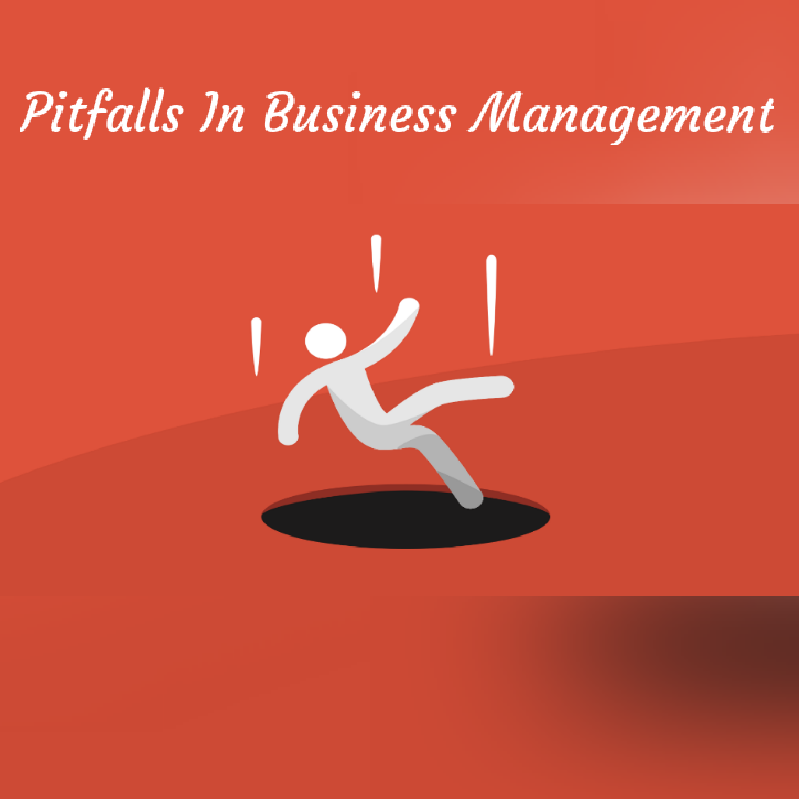Whether you are managing a small, medium or large-scale business, keeping things together and working is the biggest challenge you have to deal with. It can be difficult to learn how to start and manage a small business, especially.
Watch the video here
Join our WhatsApp ChannelFrom creating a business, determining funding requirements, managing employees, to overseeing marketing and advertising are part of the streams of an ideal successful business.
Just as much as diligence and patience are drivers of any business that must succeed, carelessness is a bigger concern because it comes at a price no one should desire to pay.
Here are some of the common pitfalls to avoid when you are a small or medium business owner.
#1. Bad Strategic Plan or No Business Plan at All.

Nothing is more inimical and sapping than working on a path in the dark with no lights to show the way forward. This is exactly how it is when you don’t have a business plan that is strategic enough to grow and sustain the business. Before you start out, create time to plan the business strategically for success and profitability. However, your business plan must be flexible. You need to be able to adapt to changing customer taste, spending patterns, market trends, competitor activities, and other market factors.
#2. Poor Time Management.

Time management is one critical part of a business that has remained evasive to many owners of small ventures. Managing your time does not only mean that you are productive with your time, it is also focused on achieving your company’s goals. Sadly, and painfully too, many entrepreneurs, small and medium business owners are poor time managers. This attitude has left their businesses suffering from customer indifference to their brands. Planning ahead saves you time and from the undue stress of tomorrow. Once you have established your goals, you can also start working on a feasible timeline to reach them.
#3. Not Keeping Track of Finance.

This is a common pitfall for all businesses. There is no expert hand that takes care of the accounts. If this is not handled quickly, and with the aid of an expert accountant, the business may end up bankrupt. Any business without accounting isn’t really a business. Up-to-date, accurate financial record-keeping is critical not only to reflect your business’ financial health, but also to help you do great things like take on investment, expand, get a loan, partner… everything still comes down to the numbers.
#4. Poor Inventory Management.

Nothing kills a business faster than not taking stock. Inventory means identifying every item on hand, counting it and summarizing the quantities. This is done to provide an audit of existing stock for the business. If any small and medium companies must survive then it must take stock-taking seriously. Make sure you’re investing in logistics solutions that can help you keep products moving, and with no idle inventory taking up space.
#5. Bad Hires and No Staff Training.

There goes the popular saying, “You cannot give what you don’t have.” When you don’t see the need to hire qualified hands and train your workers then get ready for low productivity, series of mistakes, low return on investment and customer loss.
#6. Apathy to Customer feedback & Reviews.

The best way to know if your business is doing well, in terms of value-add to the end-users, is to intermittently get their feedback on the use of your products or services. Find a way to get online reviews about your brand. Research the different small business options before choosing a model that works best for you and the business. Your customers are the lifeline of that small or medium business. Give them the desired attention and improve on benefits for using your product or service.
In conclusion, managing a small business presents some unique challenges for the owner who needs to align and coordinate all aspects of an SME, whether it’s in managing your employees, suppliers, business finances, its roadmap, or performing your daily tasks.
You have been told to look out, please be wary of these common dangers. Other dangers to be careful about here are bringing your personal financial matters into the business, no proper identification of funding requirements, learning to delegate, and the rest.
















Follow Us